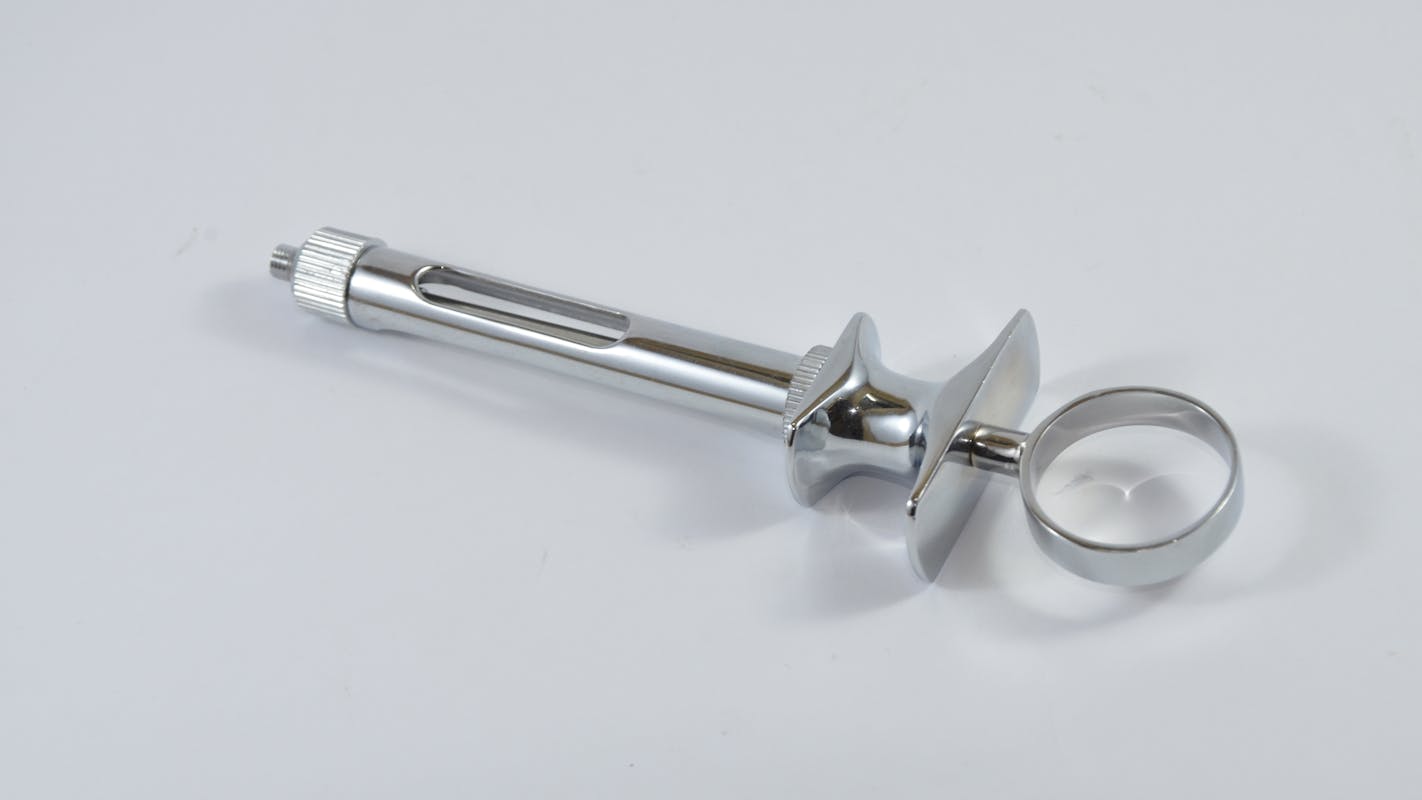Features
Tools for Removing Tonsil Stones

Tonsil stones, also known as tonsilloliths, can be a source of discomfort and embarrassment for many individuals. They form when debris, such as food particles, dead cells, and bacteria, get trapped in the crevices of the tonsils. If you’re looking for effective tools for removing tonsil stones, this article provides essential information to help you manage and eliminate these unwanted formations.
Understanding Tonsil Stones
What Are Tonsil Stones?
Tonsil stones are small, calcified deposits that form in the tonsils. They are often white or yellow and can vary in size. While they are usually harmless, they can lead to discomfort and bad breath. Understanding their formation is crucial for prevention and removal.
Common Symptoms of Tonsil Stones
The symptoms of tonsil stones can vary. Common signs include:
- Bad breath (halitosis)
- Sore throat or discomfort
- Difficulty swallowing
- Ear pain
- White or yellow lumps on the tonsils
If you experience these symptoms, it may be time to consider effective tools for removing tonsil stones.
Best Tools for Removing Tonsil Stones
Top Tonsil Stone Removal Tools
Several tools can assist in the removal of tonsil stones. Here’s a table summarizing some effective options:
| Tool | Description |
|---|---|
| Tonsil Stone Squeezer | A specialized tool designed to push stones out of the tonsils. |
| Cotton Swabs | Useful for manual removal by applying gentle pressure. |
| Water Flosser | Helps flush out debris and stones from the tonsils. |
| Oral Irrigator | Provides a strong stream of water to dislodge stones. |
| Tonsil Stone Removal Kit | Commercially available kits that often include various tools for easy removal. |
Manual Removal vs. Device-Assisted Methods
Manual removal using cotton swabs or fingers can be effective but requires caution. Device-assisted methods, like a water flosser, provide a more gentle approach. This can help avoid injury to the tonsils while effectively removing stones.
Home Remedies and Techniques
Effective Home Remedies for Tonsil Stones
In addition to using tools, there are several home remedies to consider. Gargling with warm salt water can help reduce inflammation and dislodge stones. Similarly, staying hydrated and maintaining good oral hygiene can prevent stone formation.
The Role of Oral Hygiene Tools
Maintaining good oral hygiene is essential. Tools like electric toothbrushes and tongue scrapers can help minimize bacteria and debris accumulation, reducing the likelihood of tonsil stones. Regular dental check-ups also contribute to overall oral health.
Preventing Tonsil Stones
Tips for Preventing Tonsil Stones
Preventing tonsil stones requires a combination of good habits. Here are some practical tips:
- Stay hydrated to help flush out bacteria.
- Practice good oral hygiene, including regular brushing and flossing.
- Gargle with salt water regularly.
- Avoid smoking and excessive alcohol, which can irritate the tonsils.
Maintaining Good Oral Hygiene
A consistent oral care routine is crucial. Using mouthwash, brushing twice daily, and regular flossing can significantly decrease the risk of developing tonsil stones. These practices help eliminate bacteria and food particles that may contribute to stone formation.
Conclusion
In summary, understanding the tools for removing tonsil stones and maintaining good oral hygiene can help manage and prevent tonsil stones effectively. If you experience persistent discomfort or difficulty, it’s best to consult a healthcare professional.
Frequently Asked Questions
1. Can tonsil stones be removed at home?
Yes, using tools like cotton swabs and water flossers can effectively remove tonsil stones at home.
2. Are there any risks associated with tonsil stone removal?
Manual removal can cause injury if done incorrectly. It’s essential to be gentle and cautious.
3. What tools are recommended for tonsil stone extraction?
Tonsil stone squeezers, water flossers, and oral irrigators are commonly recommended tools.
4. How can I prevent tonsil stones from forming?
Staying hydrated, practicing good oral hygiene, and gargling with salt water can help prevent tonsil stones.
5. When should I see a doctor for tonsil stones?
If tonsil stones cause severe pain, difficulty swallowing, or persistent bad breath, it’s advisable to consult a healthcare professional.
This article provides a comprehensive look at tonsil stones and the tools available for their removal, ensuring you have the information needed for effective management.

-

 Tech2 months ago
Tech2 months agoTwastia.com: Your Go-To for Digital Solutions
-

 Delaware2 months ago
Delaware2 months agoNew Castle Beer: A Delaware Favorite and Its Rich History
-

 Features2 months ago
Features2 months agoCleetus McFarland Net Worth in 2024
-

 California2 months ago
California2 months agoWhere to Buy Kangertech T3S Coils in Oakland, California: Best Options
-

 California2 months ago
California2 months agoCosts of Root Canal in Berkeley, Oakland, and Across California
-

 Idaho2 months ago
Idaho2 months agoRake Up Boise 2024: Guide to Idaho Community Cleanup Event
-

 Texas2 months ago
Texas2 months agoDallas Cowboys Helmet: A Texas Icon and NFL Legacy
-

 Alaska2 months ago
Alaska2 months agoAre Wintergreen Plants in Alaska Edible?






